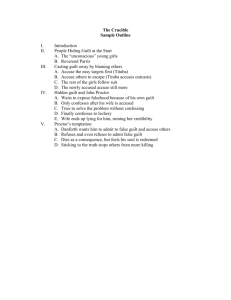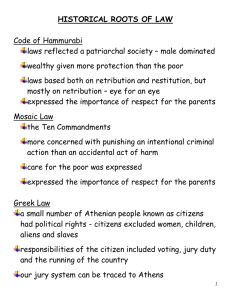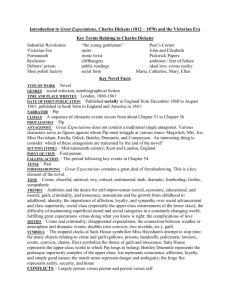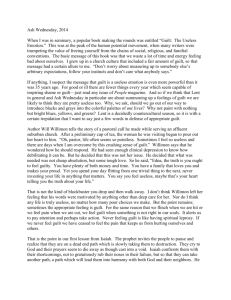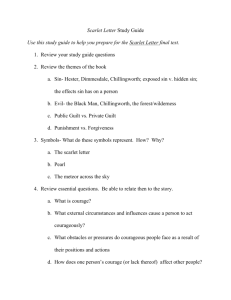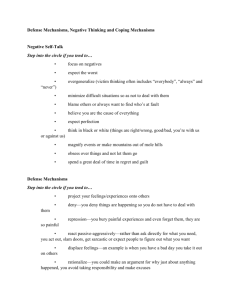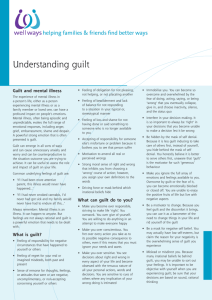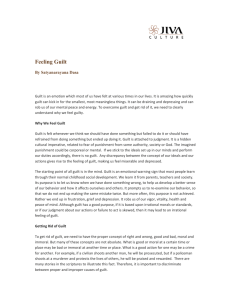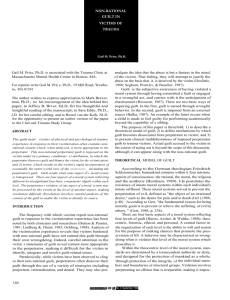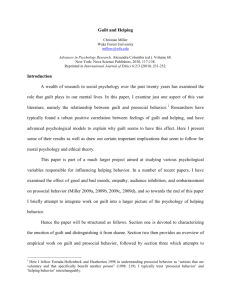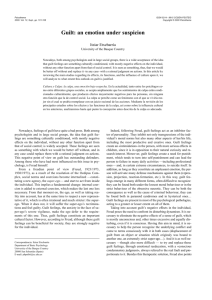Rhetorical Modes
advertisement
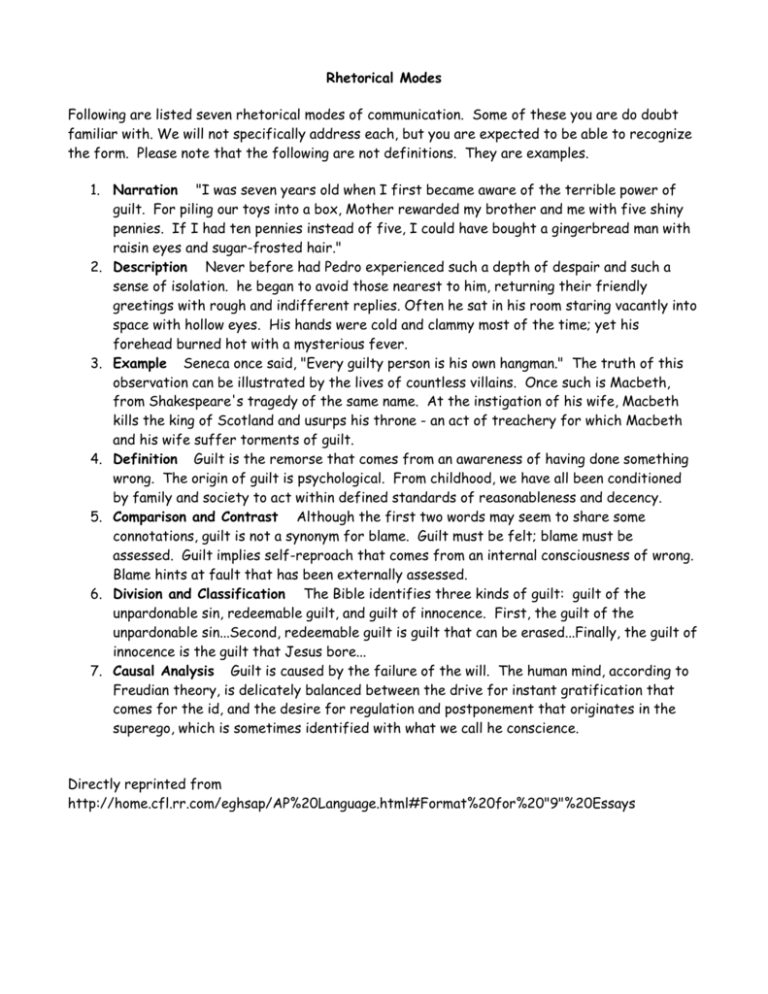
Rhetorical Modes Following are listed seven rhetorical modes of communication. Some of these you are do doubt familiar with. We will not specifically address each, but you are expected to be able to recognize the form. Please note that the following are not definitions. They are examples. 1. Narration "I was seven years old when I first became aware of the terrible power of guilt. For piling our toys into a box, Mother rewarded my brother and me with five shiny pennies. If I had ten pennies instead of five, I could have bought a gingerbread man with raisin eyes and sugar-frosted hair." 2. Description Never before had Pedro experienced such a depth of despair and such a sense of isolation. he began to avoid those nearest to him, returning their friendly greetings with rough and indifferent replies. Often he sat in his room staring vacantly into space with hollow eyes. His hands were cold and clammy most of the time; yet his forehead burned hot with a mysterious fever. 3. Example Seneca once said, "Every guilty person is his own hangman." The truth of this observation can be illustrated by the lives of countless villains. Once such is Macbeth, from Shakespeare's tragedy of the same name. At the instigation of his wife, Macbeth kills the king of Scotland and usurps his throne - an act of treachery for which Macbeth and his wife suffer torments of guilt. 4. Definition Guilt is the remorse that comes from an awareness of having done something wrong. The origin of guilt is psychological. From childhood, we have all been conditioned by family and society to act within defined standards of reasonableness and decency. 5. Comparison and Contrast Although the first two words may seem to share some connotations, guilt is not a synonym for blame. Guilt must be felt; blame must be assessed. Guilt implies self-reproach that comes from an internal consciousness of wrong. Blame hints at fault that has been externally assessed. 6. Division and Classification The Bible identifies three kinds of guilt: guilt of the unpardonable sin, redeemable guilt, and guilt of innocence. First, the guilt of the unpardonable sin...Second, redeemable guilt is guilt that can be erased...Finally, the guilt of innocence is the guilt that Jesus bore... 7. Causal Analysis Guilt is caused by the failure of the will. The human mind, according to Freudian theory, is delicately balanced between the drive for instant gratification that comes for the id, and the desire for regulation and postponement that originates in the superego, which is sometimes identified with what we call he conscience. Directly reprinted from http://home.cfl.rr.com/eghsap/AP%20Language.html#Format%20for%20"9"%20Essays


